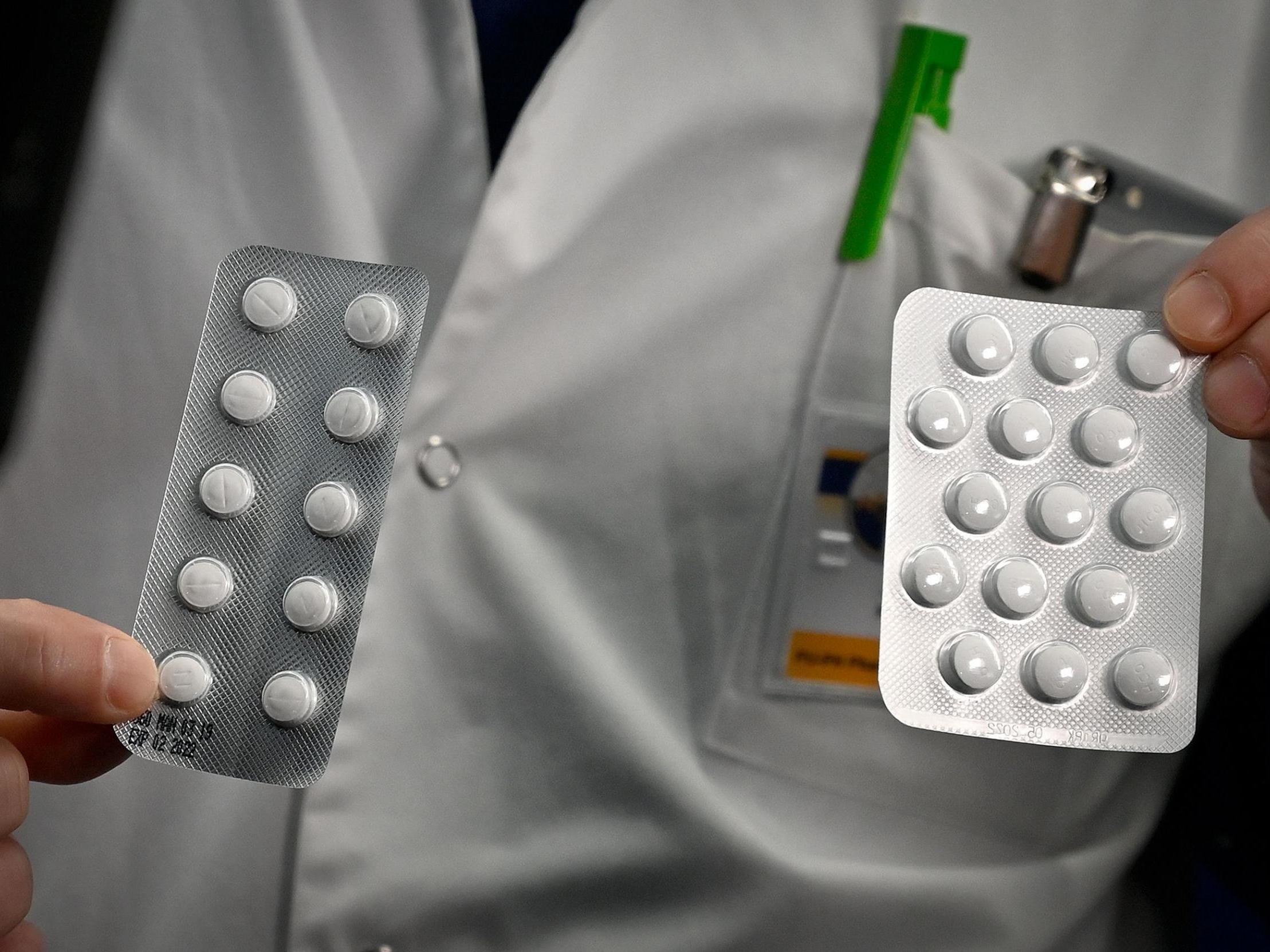Coronavirus: Surge in people trying to buy unproven 'cures' promoted by Trump and Elon Musk, study finds
Even deaths did not stop interest in buying potentially dangerous drugs, researchers find

Your support helps us to tell the story
From reproductive rights to climate change to Big Tech, The Independent is on the ground when the story is developing. Whether it's investigating the financials of Elon Musk's pro-Trump PAC or producing our latest documentary, 'The A Word', which shines a light on the American women fighting for reproductive rights, we know how important it is to parse out the facts from the messaging.
At such a critical moment in US history, we need reporters on the ground. Your donation allows us to keep sending journalists to speak to both sides of the story.
The Independent is trusted by Americans across the entire political spectrum. And unlike many other quality news outlets, we choose not to lock Americans out of our reporting and analysis with paywalls. We believe quality journalism should be available to everyone, paid for by those who can afford it.
Your support makes all the difference.There has been a surge in the number of people looking buy unproven drugs to protect against covid-19, a new study has found.
The mention of potentially dangerous drugs by high-profile people including Donald Trump and Elon Musk led people to search in an attempt to buy them online, according to the research from scientists at Oxford, Harvard, UC San Diego and Johns Hopkins.
And even after the deaths of people who were poisoned by the unproven use of chloroquine and hydroxychloroquine in an attempt to protect themselves against the disease, the public continued to try and search them out, according to the new research published in the journal JAMA Internal Medicine.
As part of the research, scientists looked to examine whether the mention of the high-profile drugs had led people to search out the option to buy them, presumably to use on themselves. They did so by looking at Google Trends, which aggregates search data from across the world to give an indication of what people are looking for.
They looked not only for people searching to learn about the drugs, but specifically those who appeared to be looking to buy them. To narrow that down, they gathered data on the number of searches for the drugs together with keywords such as "buy" and "order", as well as shops such as Amazon.
They found that in the wake of the endorsements from both the president and Mr Musk, the number of people searching for the drugs shot up. The public endorsements led searches for hydroxychloroquine to rise 1,389 per cent, for instance.
"In absolute terms, we estimate there were more than 200,000 total Google searches for buying these two drugs in only 14 days following high-profile endorsements. This could be evidence that thousands of Americans were interested in purchasing these drugs," said Dr. Mark Dredze, study co-author and Associate Professor at Johns Hopkins University, in a statement.
The researchers behind the study said that it was a warning for high-profile people to be aware of the effects of such an endorsement, and a reminder that the process of approval from official bodies like the US FDA should be allowed to run its course instead.
"Our leaders and news makers need to be more mindful of the potential collateral effects of their speech," said John Ayers, study co-author, co-founder of the Center for Data Driven Health at the Qualcomm Institute, and Vice Chief of Innovation in the Division of Infectious Disease & Global Public Health, both at UC San Diego. "You can't quickly put humpty dumpty back together again once you've broken him."
Join our commenting forum
Join thought-provoking conversations, follow other Independent readers and see their replies
Comments